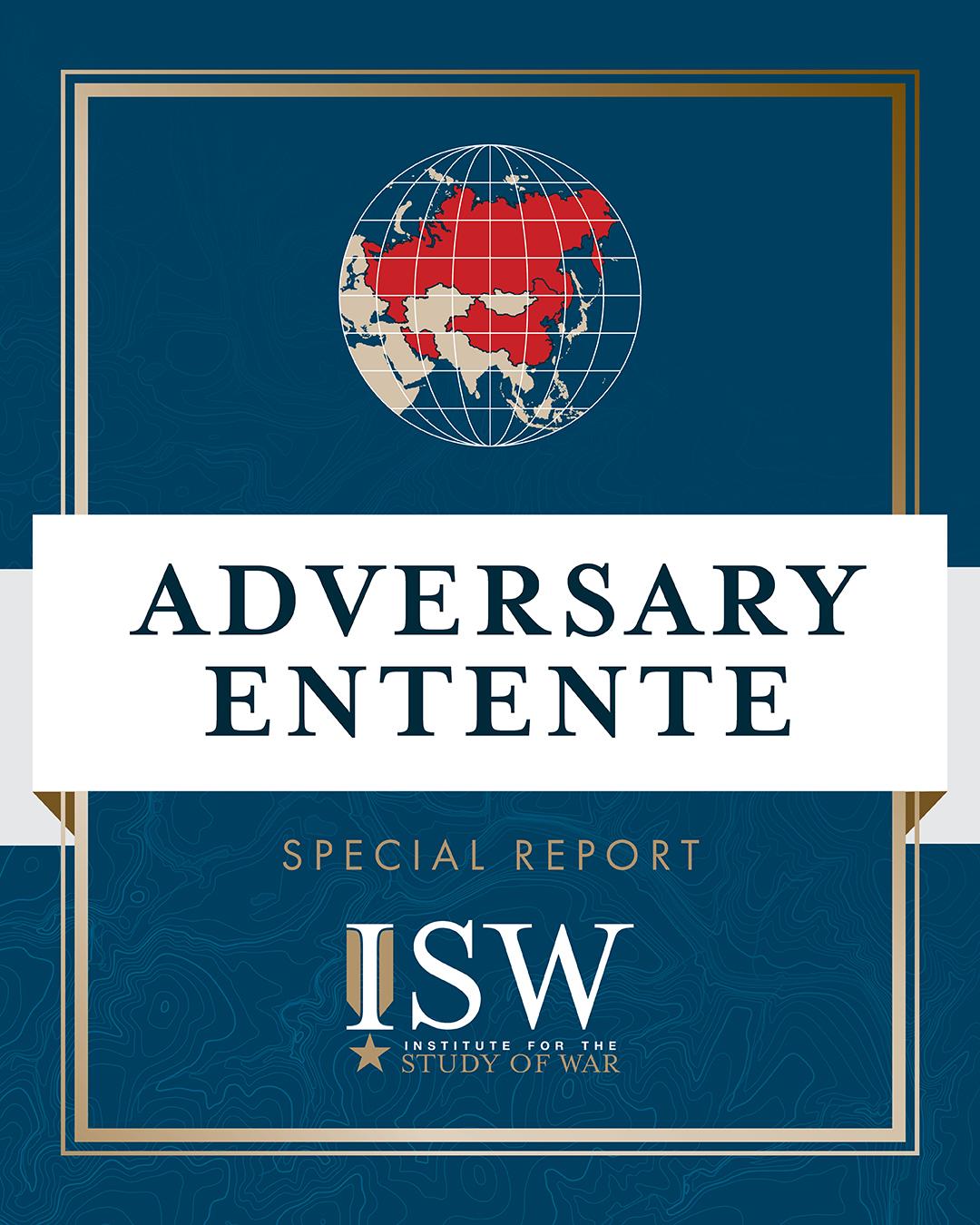The Adversary Entente failed to decisively respond to the Israel-Iran war on Iran’s behalf. Neither Russia, the People’s Republic of China (PRC), nor North Korea came to Iran’s aid during the Israeli and US strikes on the Iranian nuclear program, despite each country’s pre-existing relationship with the Islamic Republic. The lack of immediate and tangible response from Moscow, Beijing, and Pyongyang was to be expected; however, it underlines the strategic nuances that underpin the existence of the entente. Russia, the PRC, Iran, and North Korea are neither working as an axis nor collaborating as a hardened alliance but are rather deeply opportunistic and transactional partners with some important common objectives engaged in imbalanced and constantly shifting strategic interfacing. Their responses to the Israel-Iran war show clearly that they are functioning as an entente – that is, a non-binding understanding between states around a set of often contentious issues without formal pledges of armed support in the event of hostilities, but not excluding the possibility of military support entirely either. The uniting core of the Adversary Entente is the objective of challenging the US-led world order. Each member of the entente is pursuing that aim in its regional spheres of interest, aided to some degree by the others, but with the intention of achieving a global effect through combined efforts. The dangers this entente poses to US national security interests remain real and grave, despite the limitations of its members' willingness to help one another, as the uniting objective of their opportunistic cooperation is to fundamentally redesign the US-led world order in a way that dramatically reduces America's role, power, and influence.
No member of the adversary entente was ever likely to intervene militarily on Iran’s behalf in the immediate term while the Israel-Iran war was ongoing. Both Moscow and Beijing initially responded to the outbreak of Israeli strikes on Iran by issuing boilerplate rhetorical statements of support for Iran and condemnation of Israel. North Korea responded a few days after the war began, issuing a similarly predictable statement. All three then condemned the United States for its June 23 strikes on Iranian nuclear facilities. These milquetoast condemnations turned out to be the extent of the entente’s immediate support for Iran. Neither Russia, the PRC, nor North Korea has binding obligations to come to Iran’s defense. The January 2025 Russo-Iranian strategic partnership agreement notably lacks a mutual defense clause analogous to the one Russia made with North Korea, likely because Moscow feared committing to becoming embroiled in a Middle Eastern conflict exactly like the one that took place in June. The PRC-Iran relationship has always been more of an economic and quasi-ideological partnership than a military one.
Key Takeaways:
- The Adversary Entente failed to decisively respond to the Israel-Iran war on Iran’s behalf.
- No member of the adversary entente was ever likely to intervene militarily on Iran’s behalf in the immediate term while the Israel-Iran war was ongoing.
- Russia and the PRC’s immediate response options for Iran were heavily constrained by political-diplomatic realities exogenous to the Israel-Iran war.
- Adversary Entente action and intervention are bounded by each member’s national interests.
- The Israel-Iran war has highlighted and increased fundamental inequalities within the Adversary Entente, setting conditions for potential strategic rebalancing.
- Iran now appears to be looking to the PRC as a replacement for the support it previously received from Russia.
- The Adversary Entente’s failure to respond to the Israel-Iran war either coherently or effectively does not mean that this grouping of countries and set of relationships is inconsequential to US national interests. The entente’s propensity for strategic flexibility and rebalancing is what makes it a force to be reckoned with on the international stage.
| 




 [ISW] 러시아의 공세 캠페인 평가, 2025년 7월 8일
[ISW] 러시아의 공세 캠페인 평가, 2025년 7월 8일
 [국방부] 추서 진급된 계급 따라 유족급여도 오른다…"예우 강화"
[국방부] 추서 진급된 계급 따라 유족급여도 오른다…"예우 강화"